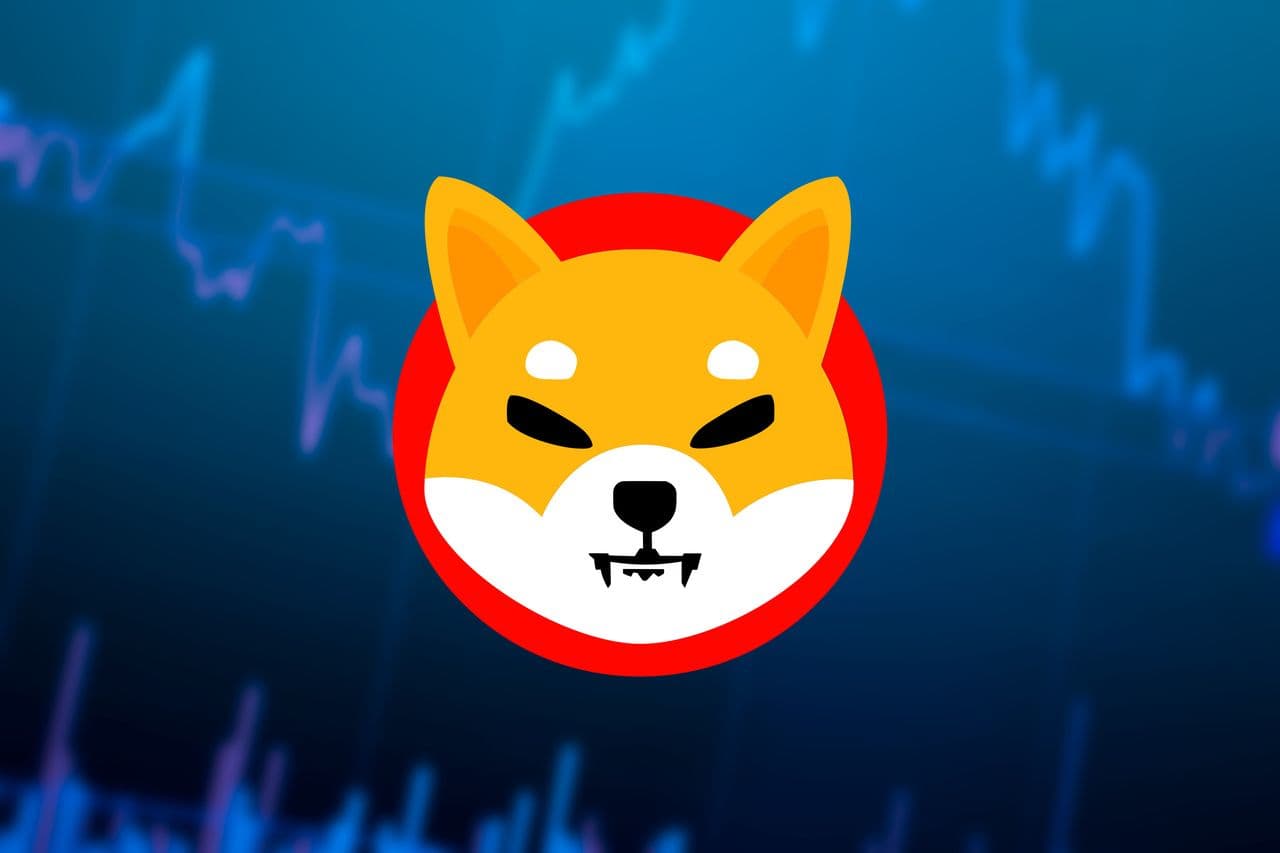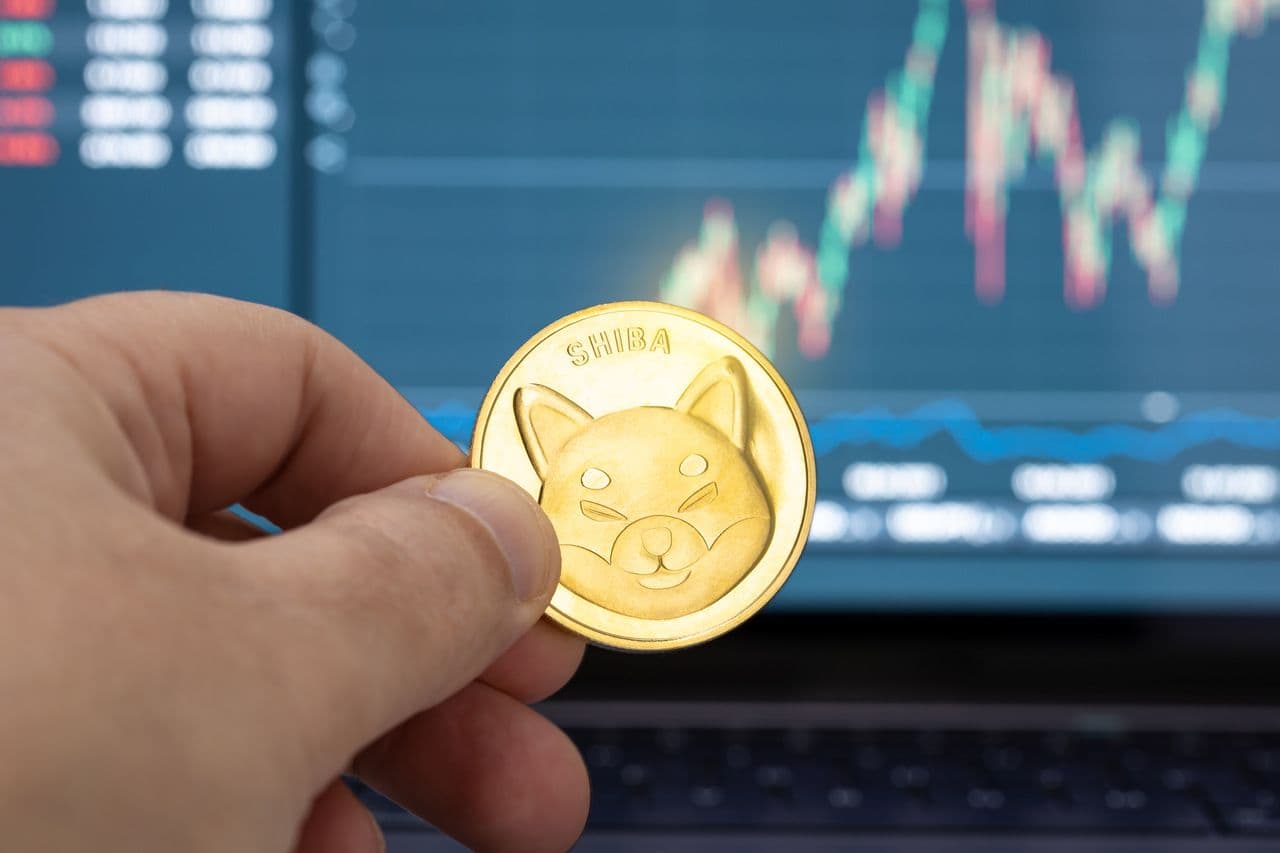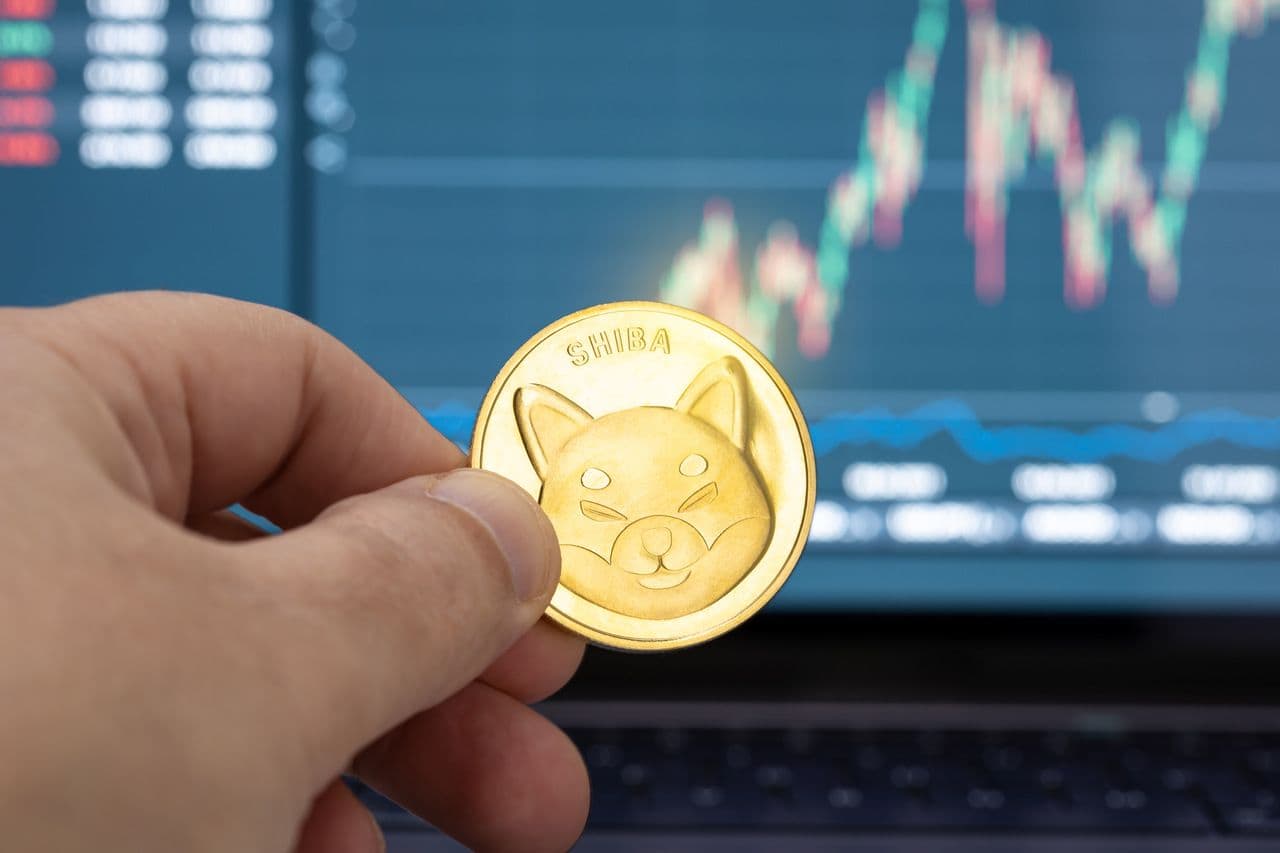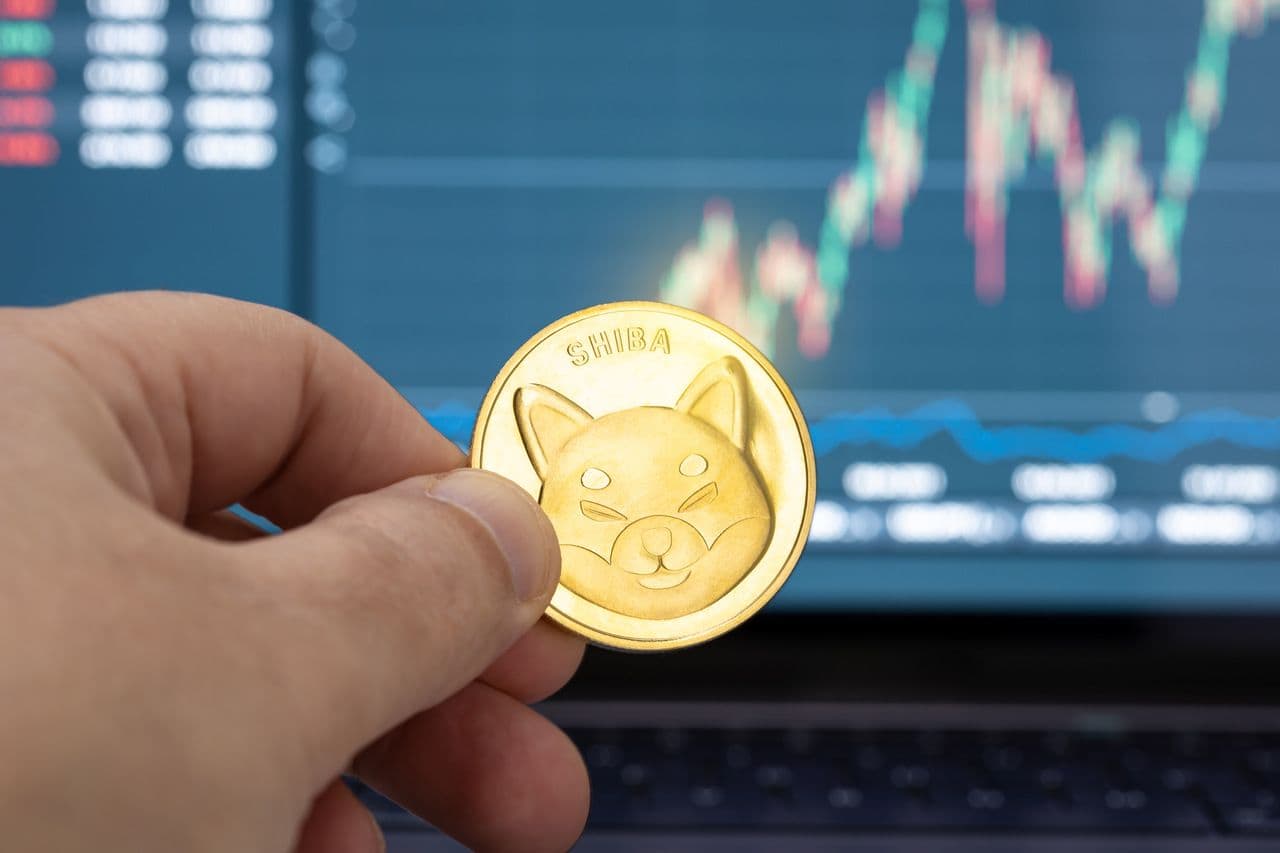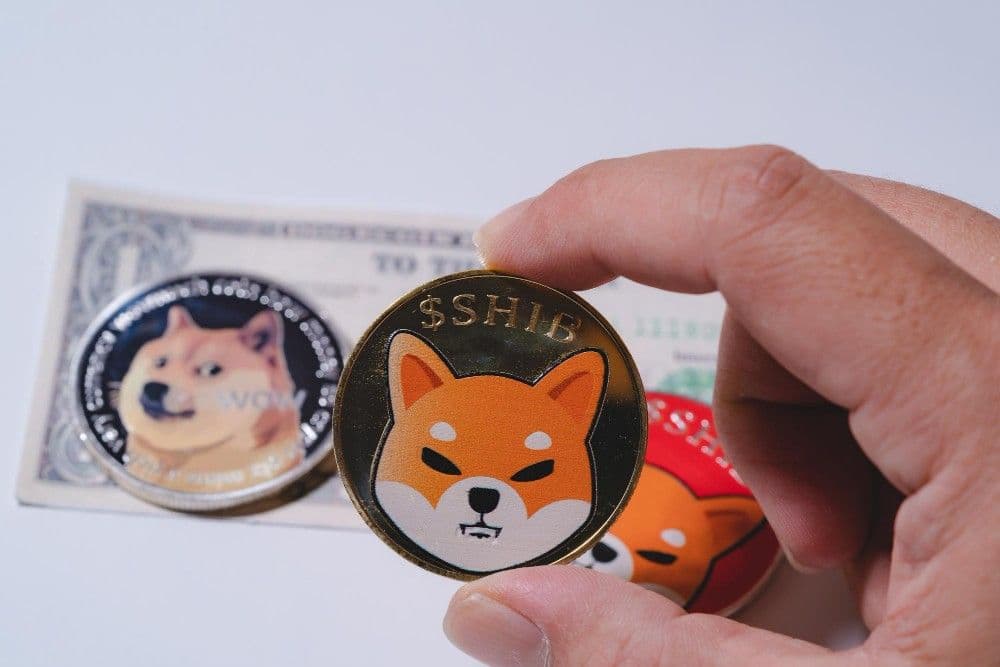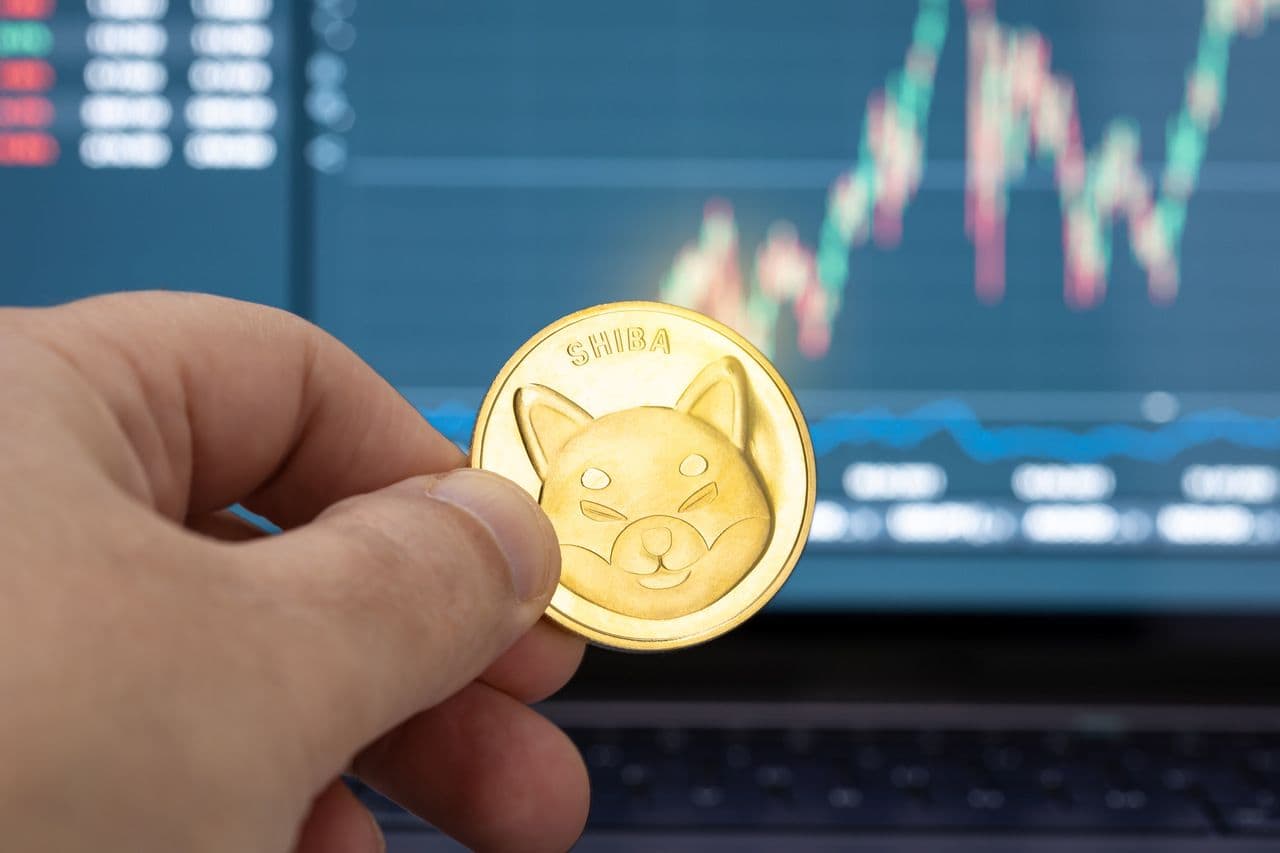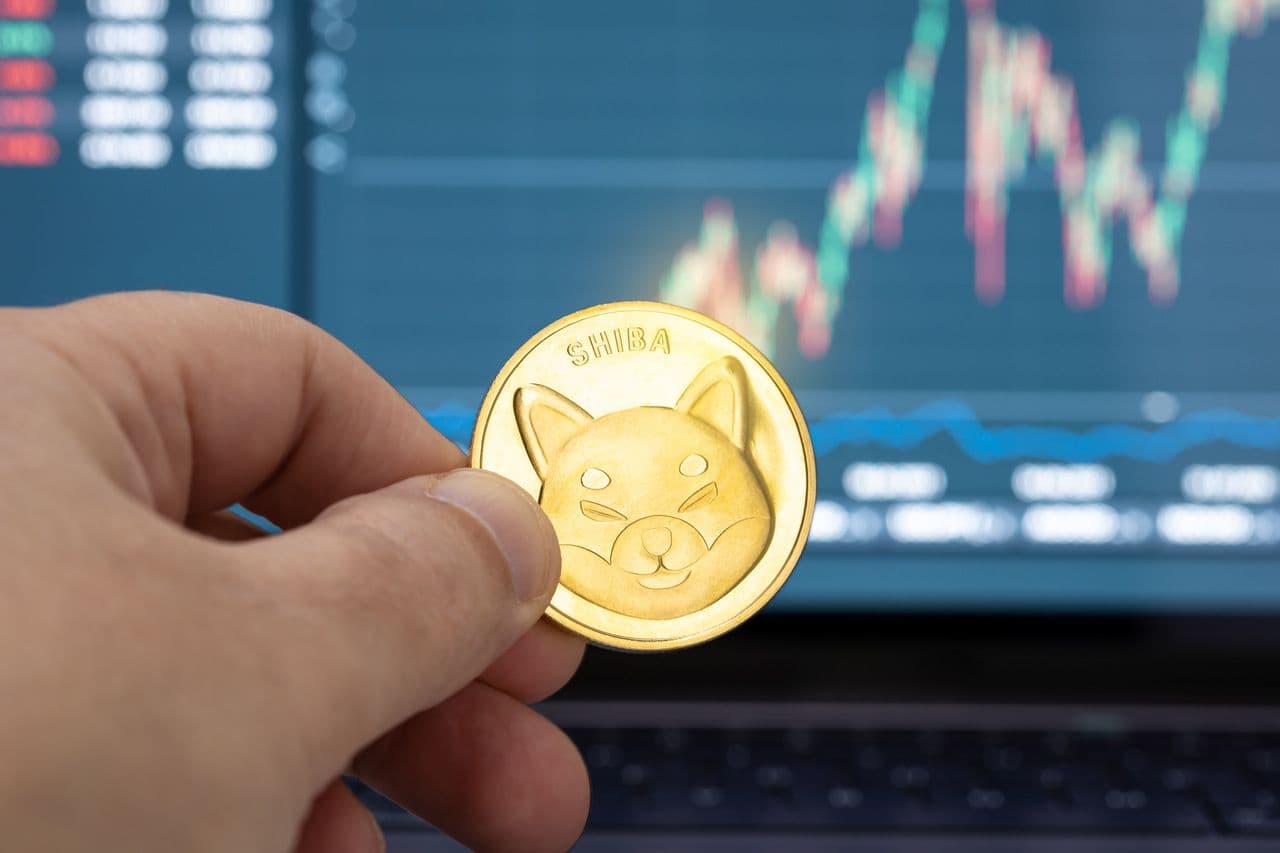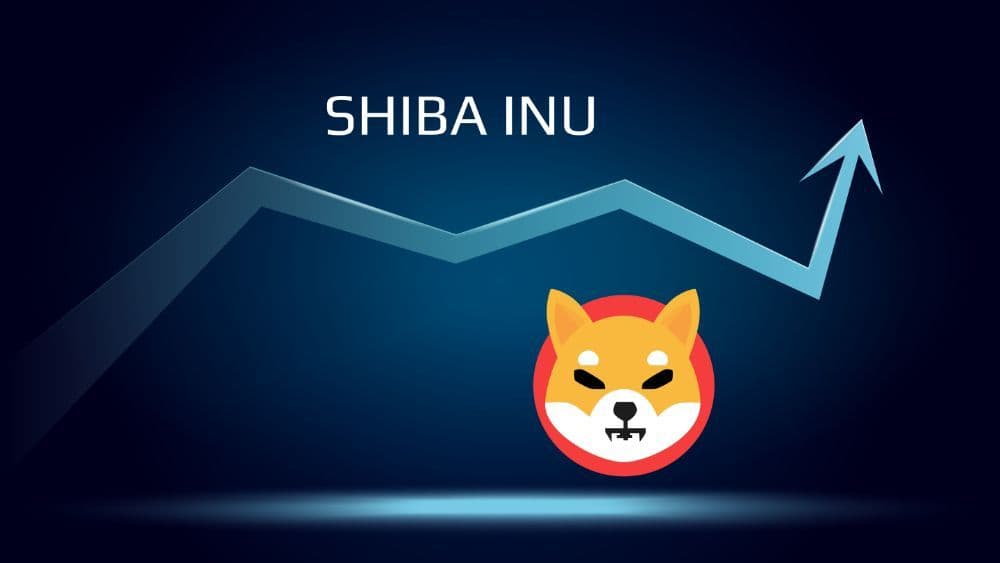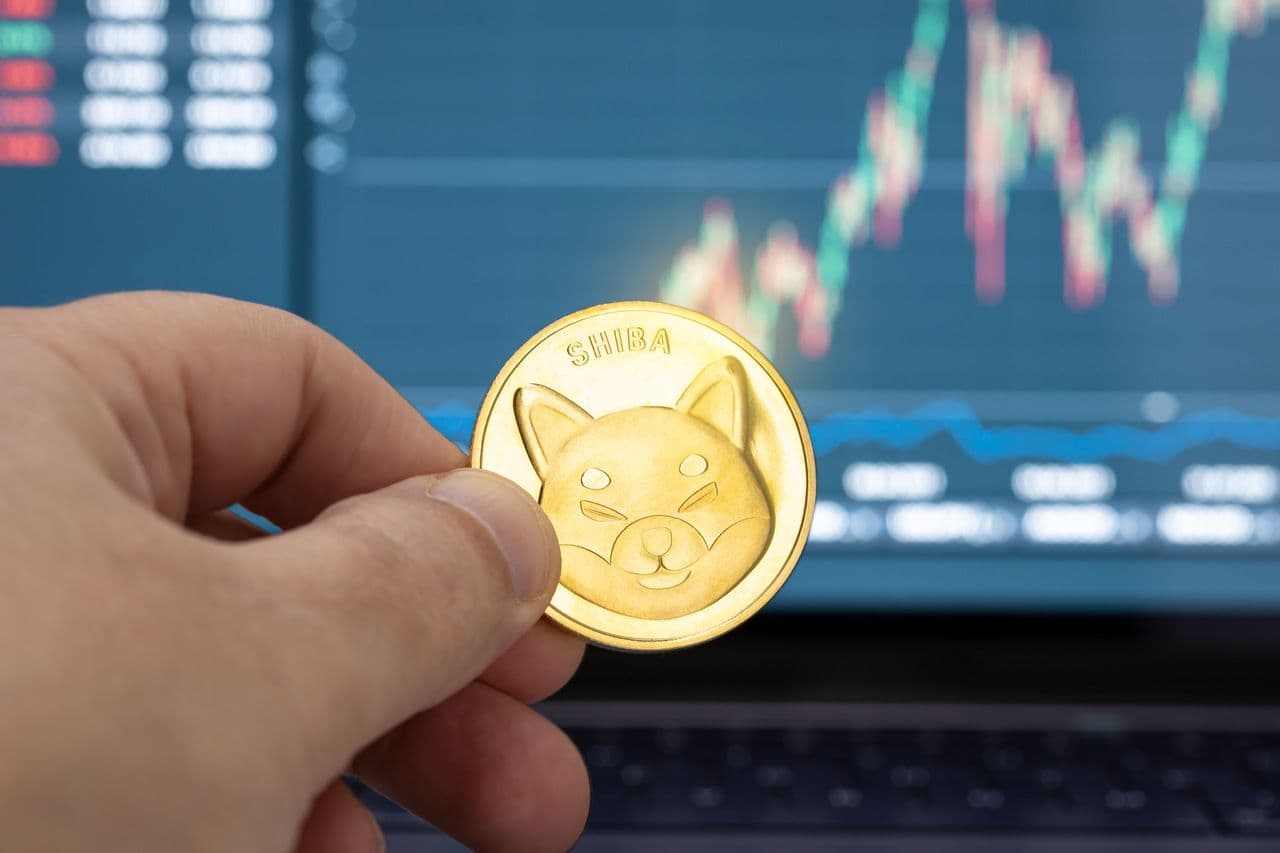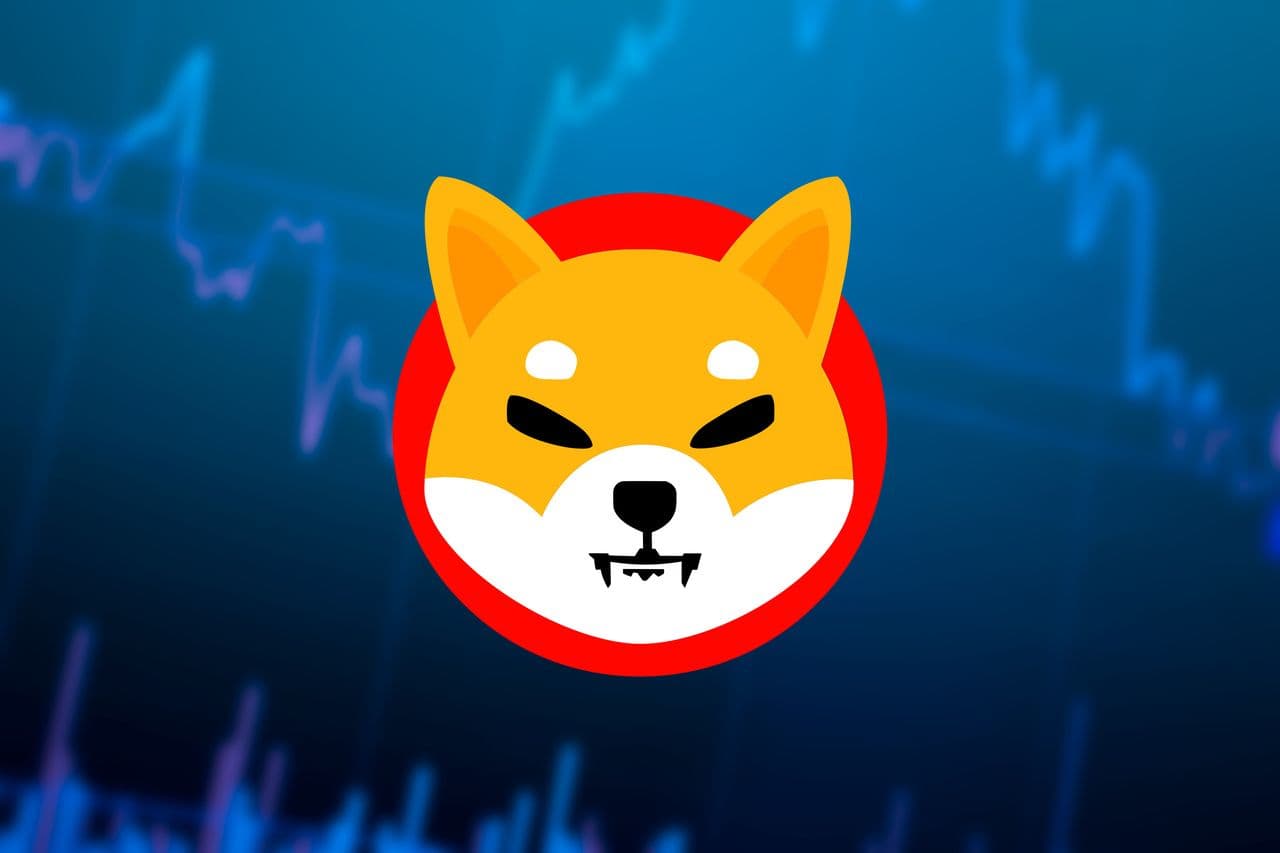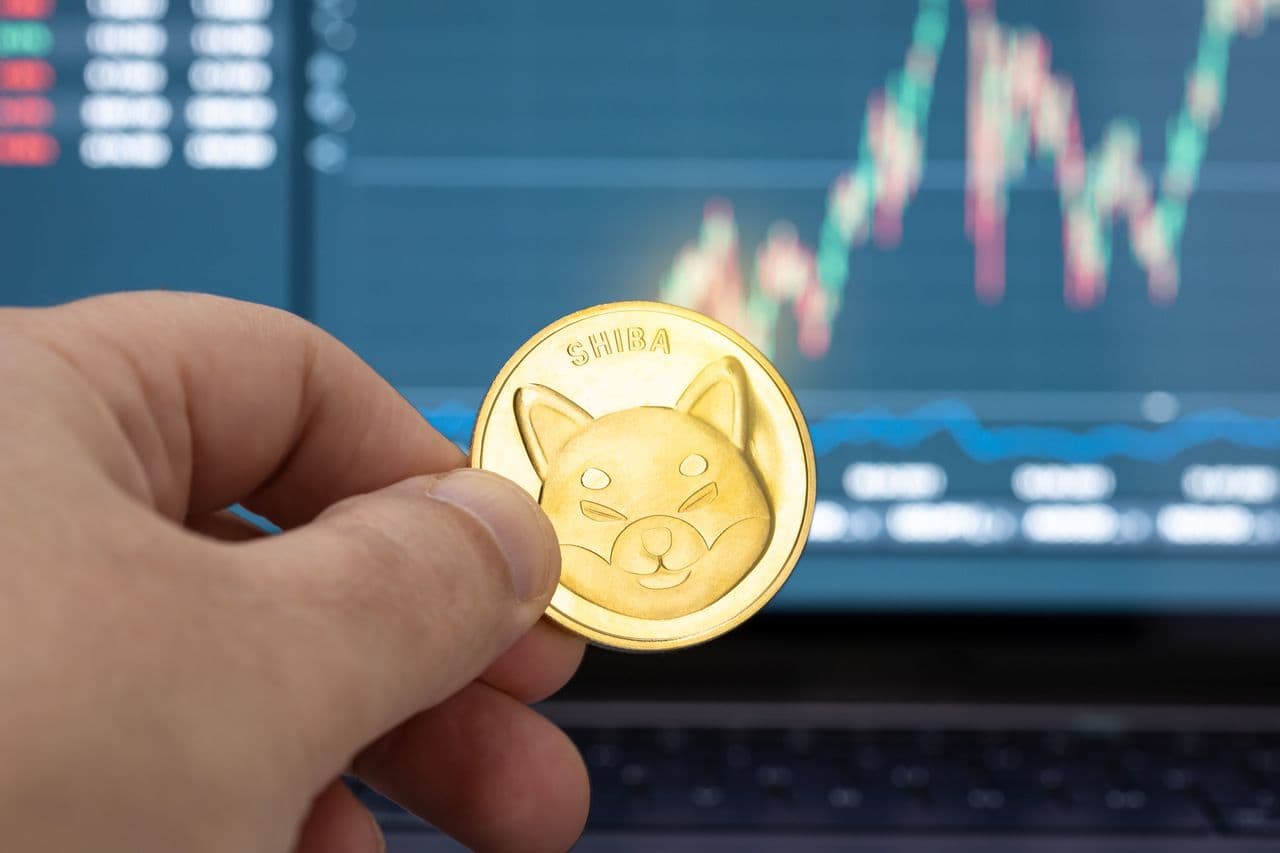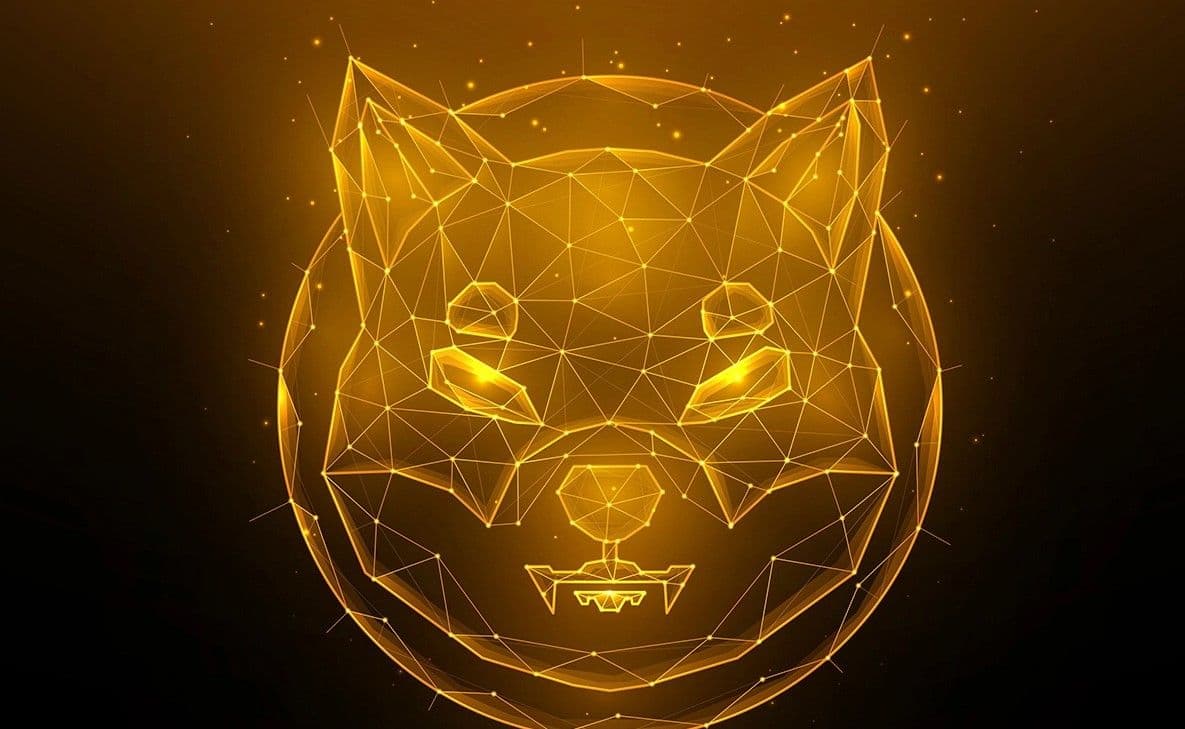SHIB Token Burns Skyrocket, But When Will the SHIB Price Finally Explode? READ THIS…
In this article, we will explore the factors contributing to SHIB price stagnation in the face of a skyrocketing burn rate.
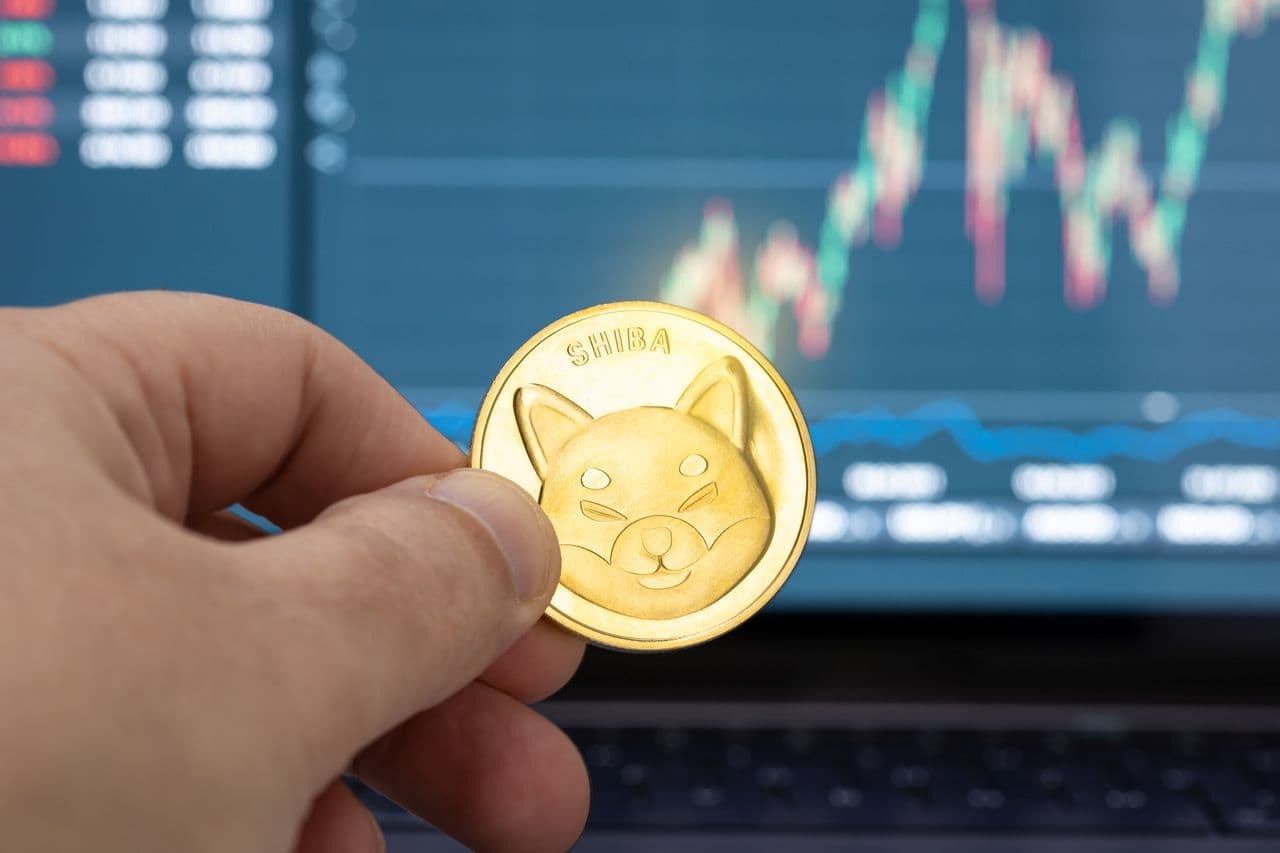
The cryptocurrency market is known for its volatility, with prices of digital assets often experiencing rapid fluctuations. Shiba Inu ($SHIB), a meme-inspired cryptocurrency, has been making headlines recently due to a significant increase in its burn rate. Despite this surge in token burning, some investors and enthusiasts may wonder why the price of SHIB has not increased as much or as rapidly as expected. In this article, we will explore the factors contributing to SHIB price stagnation in the face of a skyrocketing burn rate.
The Surge in SHIB Burn Rate
Over the past 24 hours, the burn rate of SHIB has increased dramatically, soaring by an astonishing 940%. This surge in burn rate effectively removed over 164 million SHIB tokens from the circulating supply. Data from the burn tracking platform Shibburn reveals that these burns occurred in a total of 50 transactions, with one major transaction burning a substantial 100 million SHIB tokens, significantly contributing to the surge in the burn rate.
The Shiba Inu ($SHIB) ecosystem’s token supply metrics paint an intriguing picture of its evolution. With a massive total supply of 410,660,497,072,389 tokens, the project has witnessed substantial burning efforts, resulting in the reduction of almost 1 quadrillion tokens from its initial supply. The maximum total supply is capped at 589,339,502,927,610 tokens, indicating careful management of token issuance.
As of now, the total supply stands at 579,716,364,904,437 tokens, with a circulating supply of 9,623,138,023,173 tokens available for trading and use in the market. Additionally, there is a portion of the supply that is staked as xSHIB, contributing to the overall ecosystem’s dynamics and utility. These supply figures offer insights into Shiba Inu’s tokenomics, which continues to evolve in response to market demands and community engagement.
The recent burn rate for Shiba Inu ($SHIB) has shown a decline of -16.18% over the last 24 hours, resulting in the elimination of 104,639,578 $SHIB tokens from the circulating supply. This decrease in the burn rate indicates a temporary slowdown in the token-burning activity within the Shiba Inu ecosystem. Burn rates are closely monitored by the crypto community as they play a significant role in reducing token supply and potentially impacting the token’s price. The fluctuation in burn rates highlights the dynamic nature of the crypto market, where various factors and community-driven initiatives can influence the tokenomics of a project like $SHIB.
Shibarium Transactions on the Rise
The rising burn rate coincides with an impressive uptick in transactions on the Shiba Inu ecosystem’s layer-2 scaling solution, Shibarium. The network’s transaction levels hit a new all-time high shortly after its reactivation. According to Shibarium network explorer Shibariumscan, the network has recorded over 3.2 million transactions, with more than 860,000 blocks being processed. This increased activity on Shibarium highlights the growing interest and adoption of the Shiba Inu ecosystem.
The SHIB Price Impact of Massive Burns: Understanding the Dynamics
The Burning Question: Why Isn’t the SHIB Price Moving?

One common query that frequently arises in the cryptocurrency community is, “Why isn’t the price of a token moving significantly after massive burns?” It’s a legitimate question, and the answer lies in the complex dynamics of supply and demand within the crypto market.
Burns Alone Are Not Enough
At this juncture, it’s crucial to understand that burns, while important, may not exert a substantial impact on token prices without additional factors at play. Burning a significant number of tokens, such as 10 billion in a week, may seem impressive, but it often falls short of driving price surges, especially when substantial token purchases continue to match or exceed the current rate of burning.
The Power of Supply and Demand
Price movements in the cryptocurrency realm are primarily driven by the principles of supply and demand, a fundamental concept that has held for centuries in traditional markets. To illustrate this, consider a scenario where a new token burns 90% of its total supply. While this may seem like a significant reduction in supply, its impact on price is minimal if there is no concurrent demand for the token.
Liquidity Matters
Liquidity is another critical factor to consider. If a token developer launches a project with 10 billion tokens but provides only a modest $1,000 in liquidity, they can easily purchase half of the token supply with a mere $500. Even if they decide to burn these tokens, the price remains largely unaffected unless there is a surge in demand.
The Role of Scarcity
The interplay between supply and demand becomes particularly evident when demand for a token rises. As more individuals begin buying the token, the supply gradually diminishes due to the burning process, creating a sense of scarcity. This increased demand and reduced supply can work in harmony to drive up the token’s price, making it more attractive to traders and investors.
The Influence of Large Holders
In the case of Shiba Inu ($SHIB), a significant portion of the token’s supply is held by the top 100 accounts, primarily centralized exchanges. However, it’s essential to remember that there are over 1.3 million $SHIB addresses. Despite the concentration of tokens in a few hands, the price can still experience upward momentum based on overall market demand.
SHIB Price: Top 10 single burn transactions for $SHIB
The top 10 single burn transactions for $SHIB reveal intriguing insights into the dynamics of Shiba Inu’s token ecosystem. These transactions are characterized by the immense quantity of tokens burned and the contrast between their values at the time of the transfer and their current values.
- Massive Burn: The top-ranking transaction involves an astonishing burn of 410,241,996,771,871 $SHIB tokens, with a value of $7,354,272,830 at the time of the transfer. However, the current value stands at $3,154,760,955, showcasing the magnitude of the burn.
- Early Burn: An earlier transaction on April 7, 2021, saw 60,258,639,169 $SHIB tokens burned, with a value of $3,470 during the transfer. The current value has risen to $463,388, emphasizing the token’s evolution over time.
- Historical Burn: A transaction dating back to September 26, 2020, involved the burning of 26,981,871,357 $SHIB tokens, valued at $3.24 at the time. Today, these tokens hold a current value of $207,490, reflecting the token’s journey.
- Notable Burn: On April 5, 2021, a burn of 19,940,129,816 $SHIB tokens occurred, valued at $985 during the transfer. The current value has reached $153,339, highlighting the token’s resilience.
- Significant Burn: Another noteworthy transaction from April 27, 2021, witnessed the burning of 17,797,465,961 $SHIB tokens, initially valued at $17,362. The current value has risen to $136,862, showcasing the token’s growth.
- May Surge: On May 18, 2021, 17,000,000,000 $SHIB tokens were burned, with a substantial initial value of $268,016. These tokens currently hold a value of $130,730, indicating the token’s continued relevance.
- Early 2021 Burn: A transaction from February 3, 2021, involved the burning of 15,678,987,386 $SHIB tokens, initially valued at $215. The current value stands at $120,571, illustrating the token’s early journey.
- Mid-2021 Burn: On July 6, 2021, 12,000,000,000 $SHIB tokens were burned, with a value of $104,403 during the transfer. The current value has settled at $92,280, reflecting market dynamics.
- 2022 Burn: On May 18, 2022, 10,000,000,000 $SHIB tokens were burned, initially valued at $115,546. These tokens currently have a value of $76,900, underlining the token’s ongoing story.
- Late 2021 Burn: A burn transaction from September 10, 2021, involved 6,757,888,485 $SHIB tokens, valued at $47,246 during the transfer. The current value has slightly increased to $51,968, indicating the token’s stability.
These transactions provide a glimpse into the historical significance and evolution of Shiba Inu’s token-burning activities, showcasing the token’s journey from its early days to the present. The fluctuations in token values over time underscore the dynamic nature of the crypto market and the various factors influencing token prices.
SHIB Price: Expectations vs. Reality
Despite the community’s concerted efforts to burn SHIB tokens, the price of the cryptocurrency has not surged as some might have expected. Several factors may explain this apparent discrepancy between burn rate and price increase.
Utility and Adoption
Analysts suggest that SHIB’s price may rise in the future as adoption and utility grow within the Shiba Inu ecosystem. The project’s team has been actively pursuing partnerships to enhance SHIB’s utility. For instance, last year, the luxury watchmaker TAG Heuer began accepting SHIB and other cryptocurrencies as payment options, expanding the use cases for SHIB beyond speculative trading.
Market Sentiment
Cryptocurrency prices are heavily influenced by market sentiment. If investors are uncertain or bearish about the overall crypto market, it can impact the price of individual tokens, including SHIB. Traders may also be taking profits from previous price surges, leading to temporary price stabilization.
External Factors
External factors, such as regulatory developments, macroeconomic events, or global market conditions, can significantly impact cryptocurrency prices. A changing regulatory landscape or negative news can lead to market uncertainty and price corrections.
Speculation and Hype
The cryptocurrency market often experiences waves of speculation and hype, driving prices to irrational levels. When the hype subsides, prices can stabilize or decline. SHIB’s price history has been characterized by periods of intense speculation and rapid price movements.
while the burn rate of SHIB has skyrocketed recently, the price of the cryptocurrency has not experienced a corresponding surge. This can be attributed to a combination of factors, including the need for increased utility and adoption, market sentiment, external influences, and the speculative nature of the cryptocurrency market.




